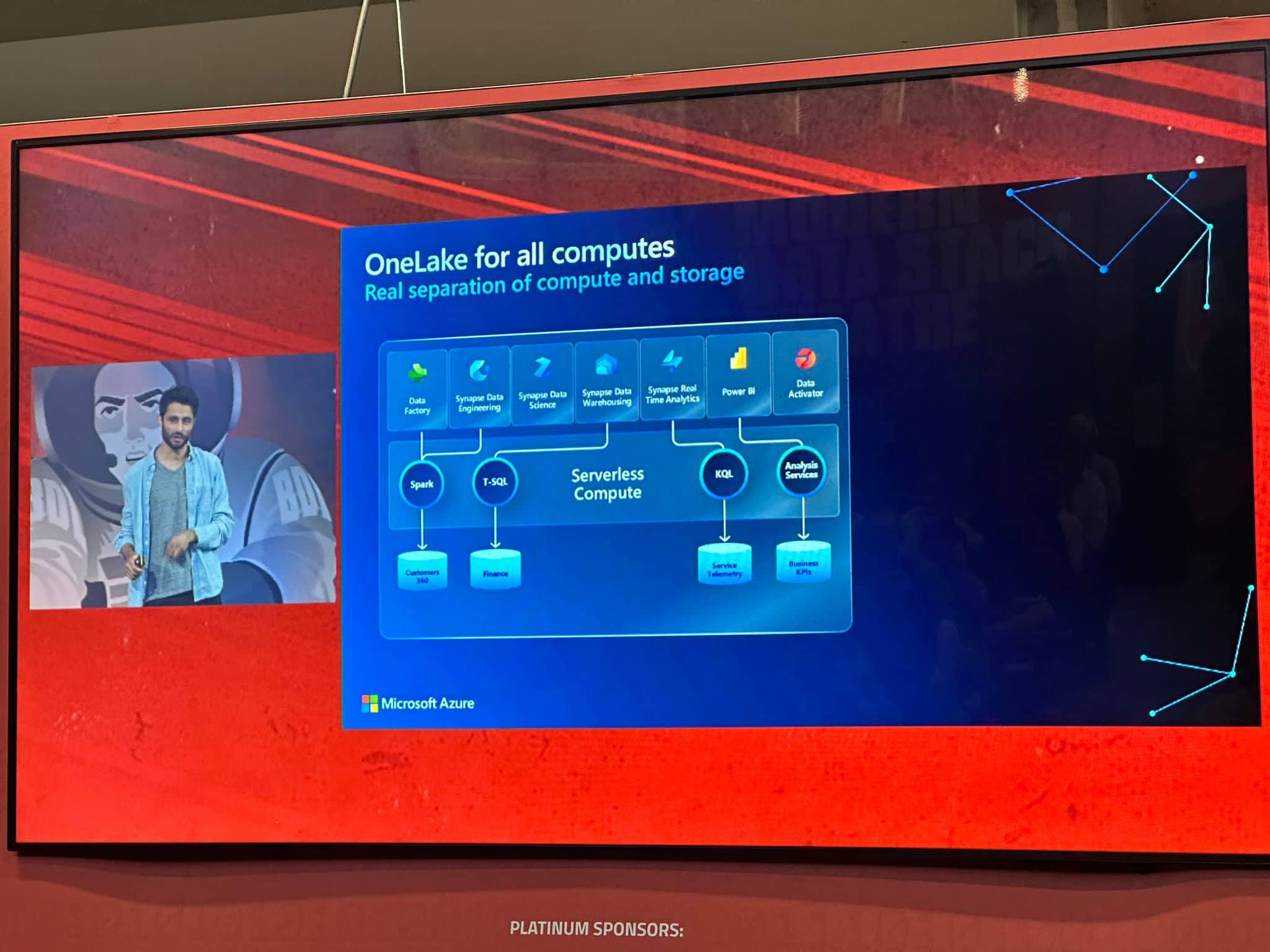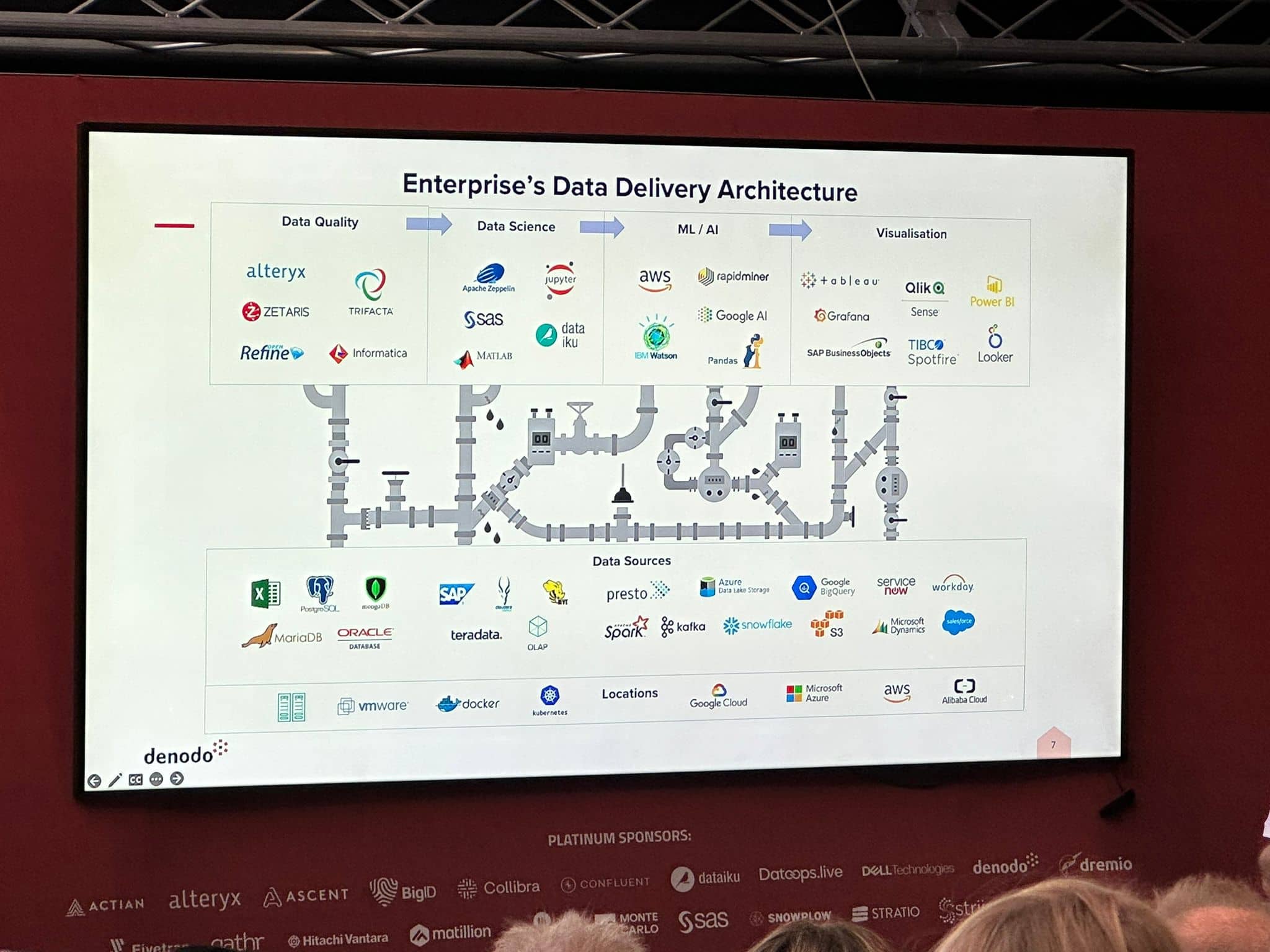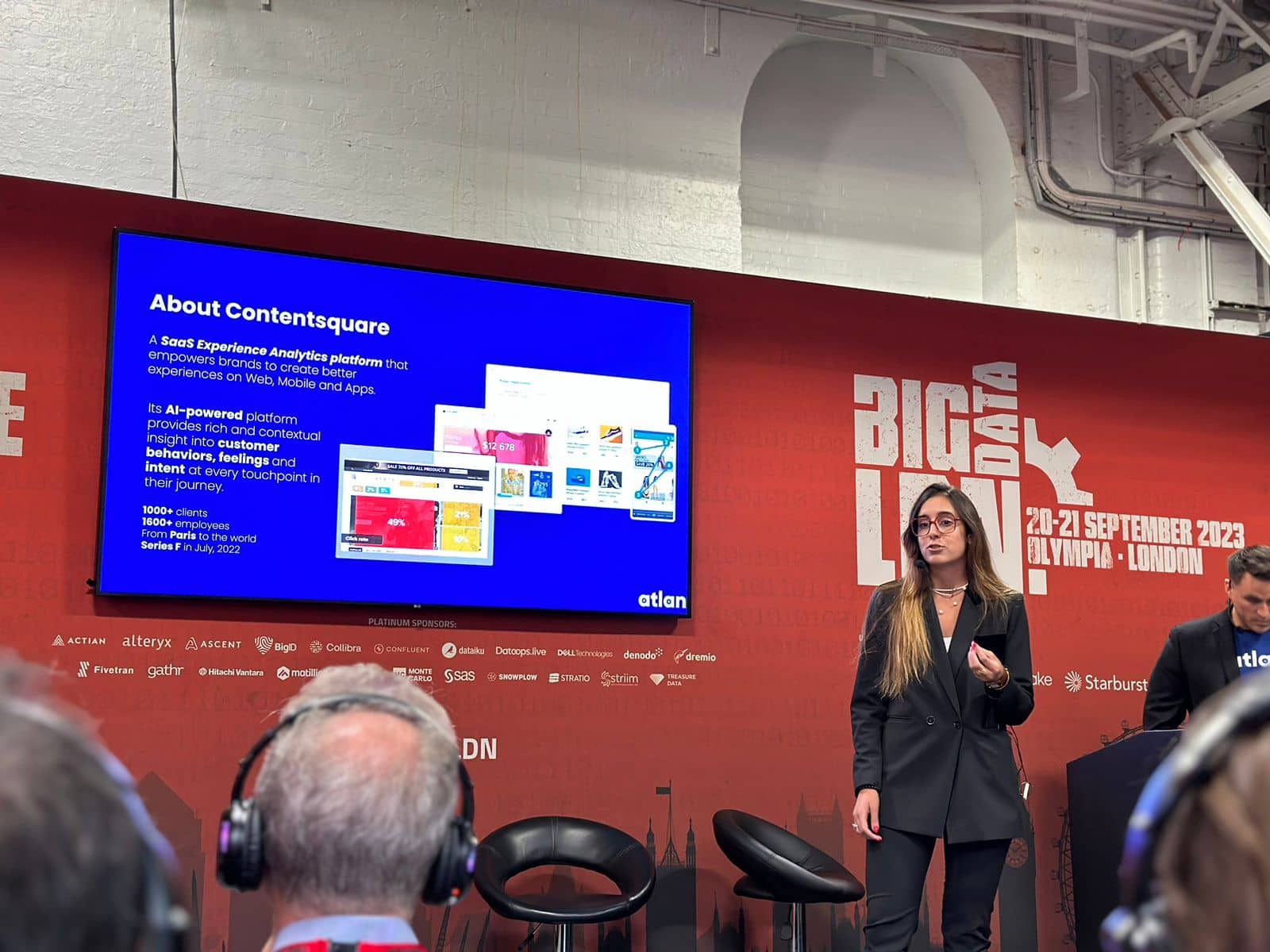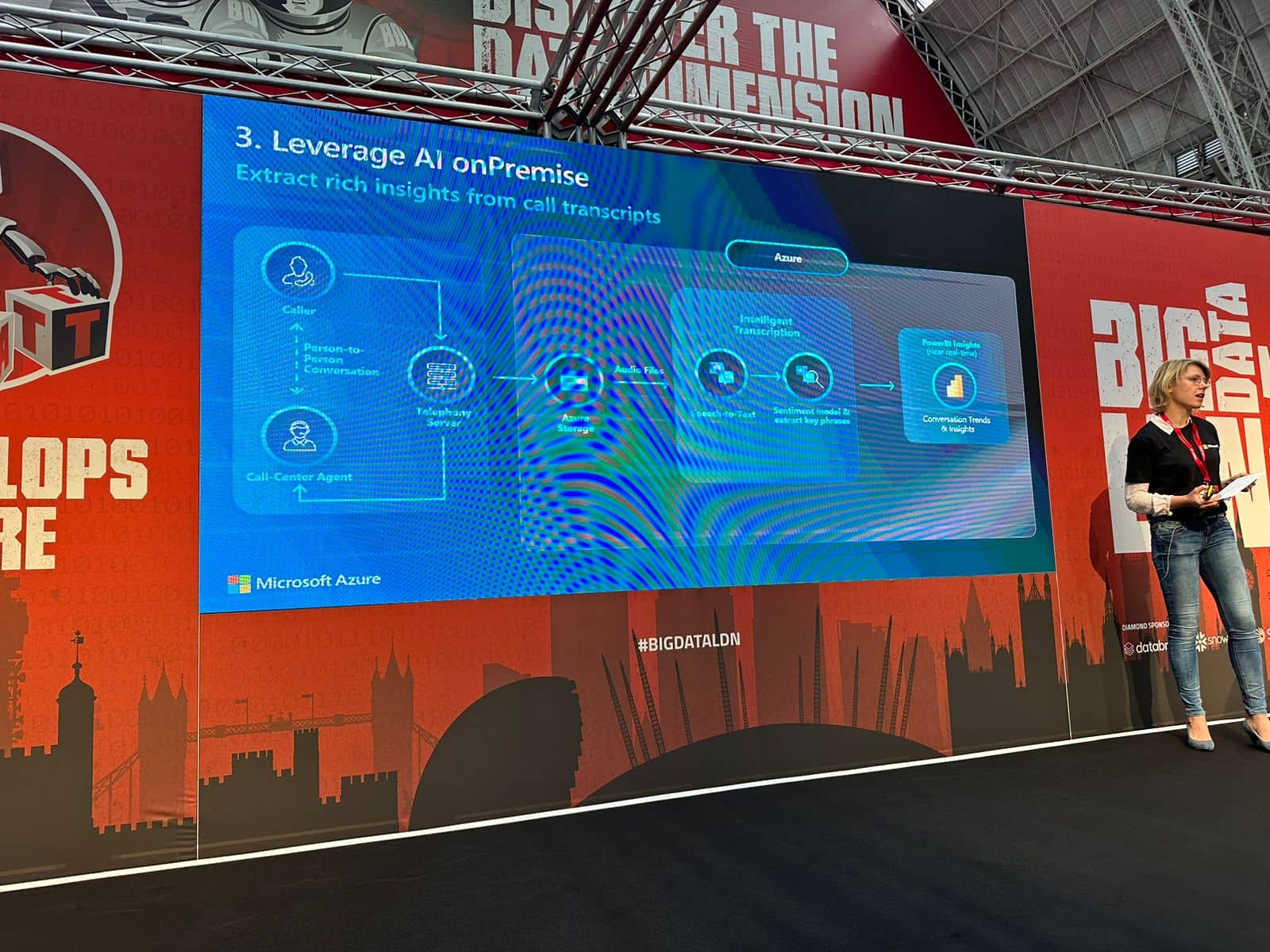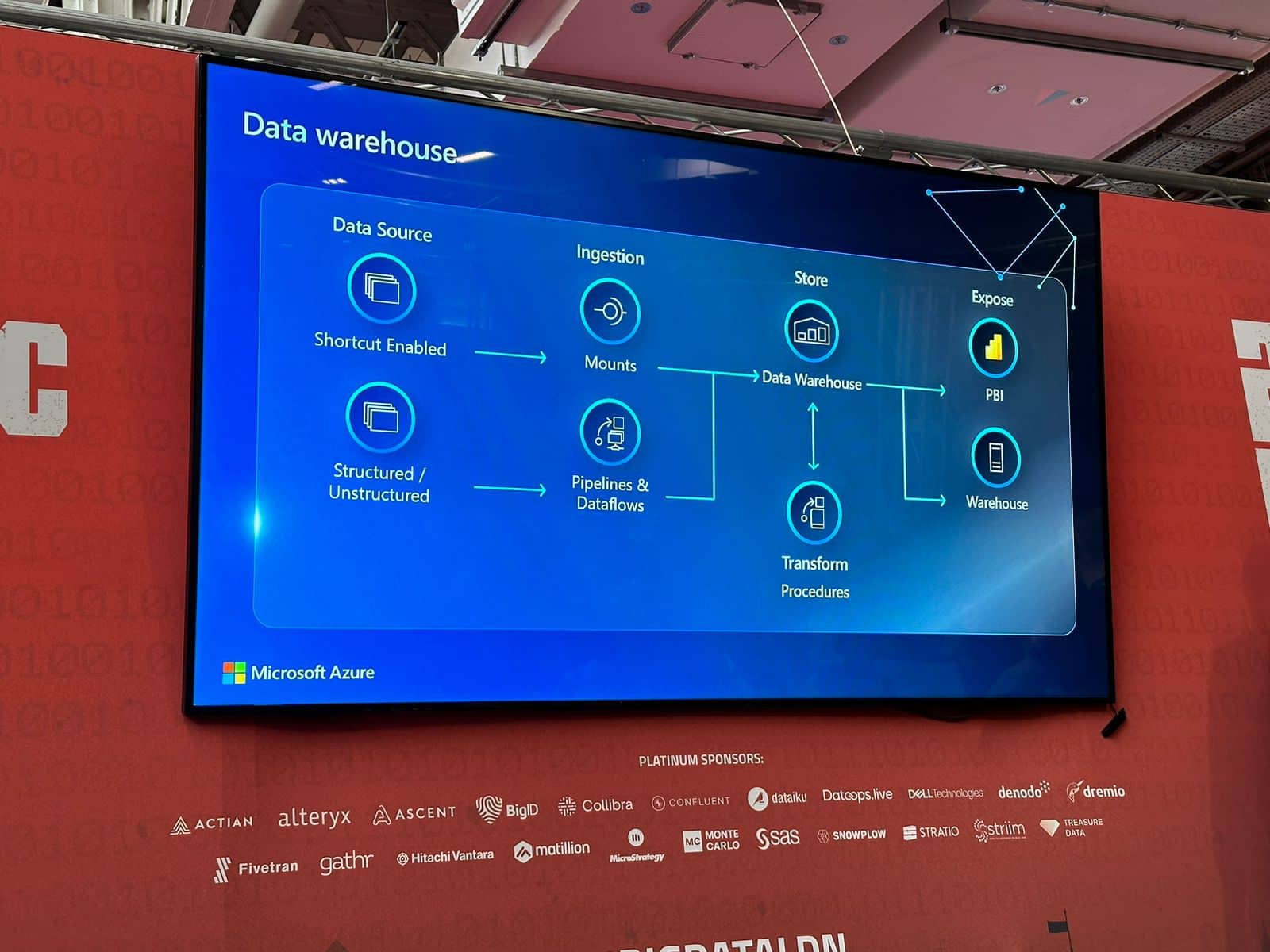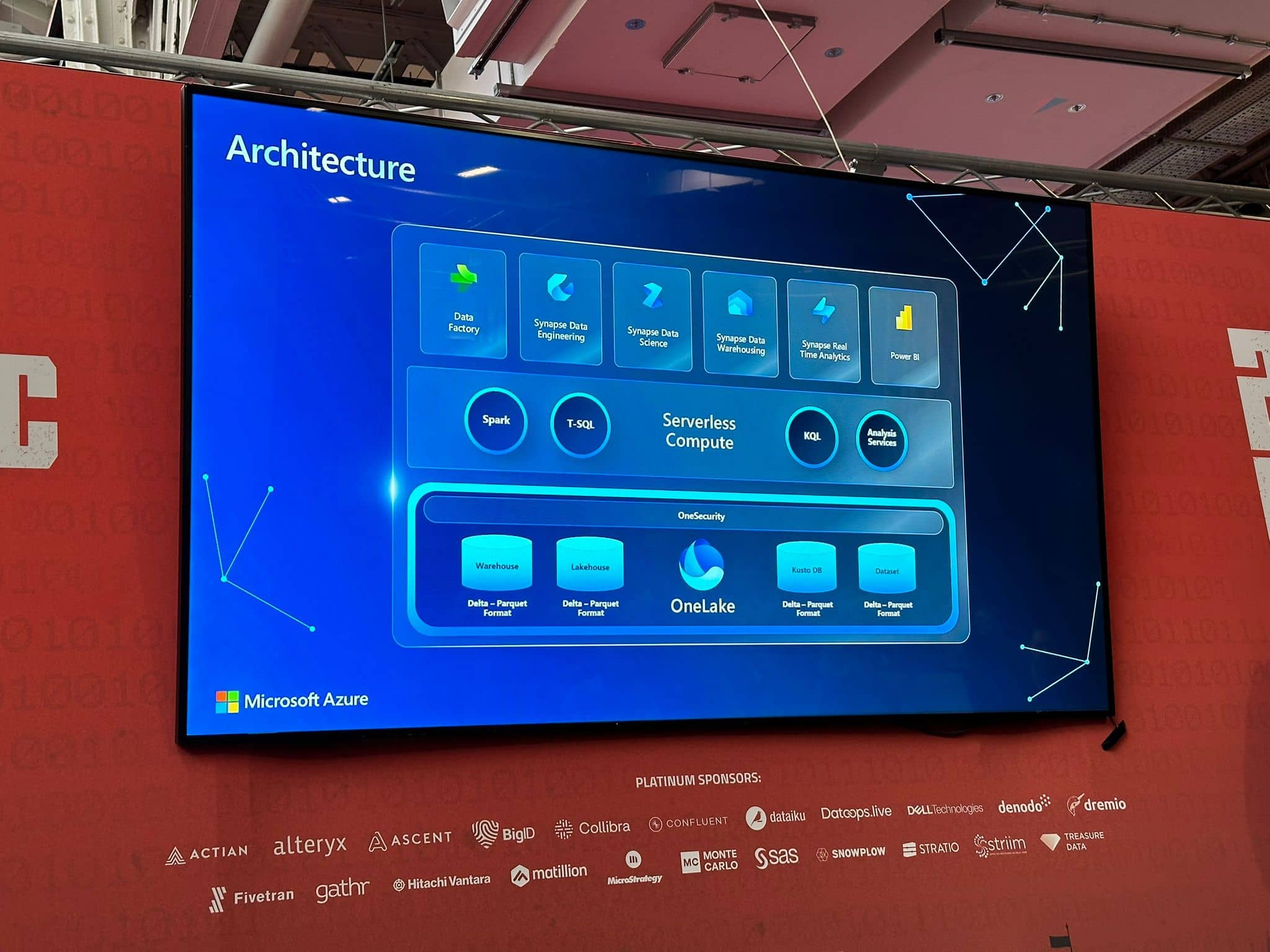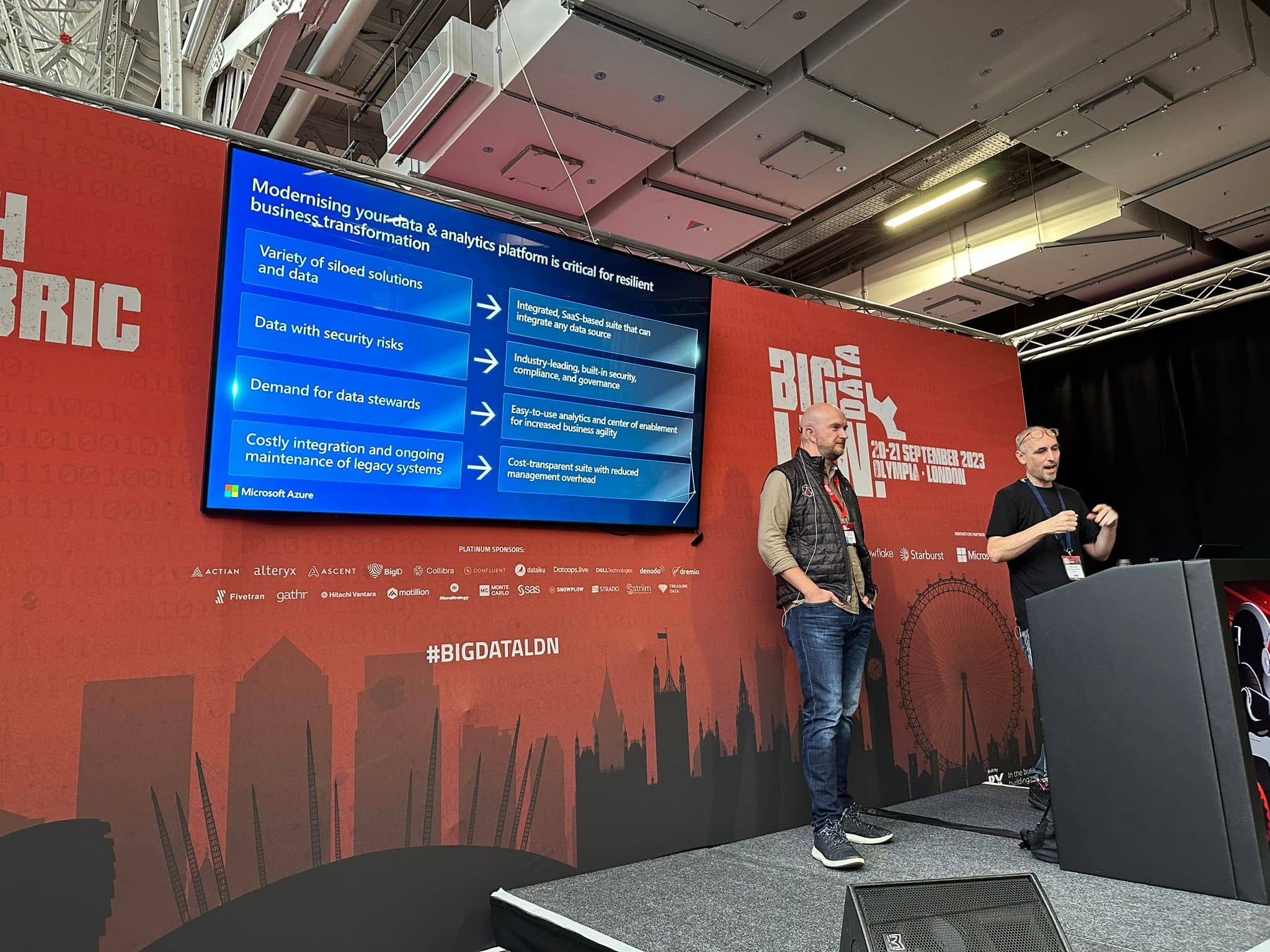Big Data London 2023: Unveiling Market Trends and Insights with Vsourz

The Flow of Data: From Sources to Insights
A data lake serves as a central repository for an organisation’s data, aggregating a diverse array of data sources to empower data-driven decision-making and advanced analytics. These sources encompass structured, semi-structured, and unstructured data, each contributing uniquely to an organisation’s understanding and operational excellence. Structured data, typically found in relational databases, offers a well-defined format for historical trend analysis and customer behaviour insights. Semi-structured data, often in JSON or XML format, is prized for its flexibility in applications like IT operations and web behaviour analysis. Unstructured data, such as text, images, videos, and audio, holds valuable insights unlocked through advanced technologies like Natural Language Processing and Computer Vision. IoT devices continuously generate data, enabling real-time monitoring and predictive maintenance. External data sources, including public APIs and market data, provide contextual information for broader decision-making. Streaming data, ingested in real-time, is vital for fraud detection and immediate insights. Cloud service data illuminates’ usage patterns and performance metrics. Social media data reveals customer sentiment and market trends. Even legacy systems contribute historical insights through data lake integration. This comprehensive approach to data aggregation empowers organisations to harness the full spectrum of their data, facilitating informed decisions, machine learning initiatives, and strategic innovation.
A lake house is a modern data architecture that combines the features of a data lake and a data warehouse, allowing organisations to store and process structured and unstructured data in a unified platform. It provides flexibility and scalability for diverse data types and analytics workloads. In contrast, a data warehouse is a structured database optimised for query and reporting, typically used for structured data analysis and business intelligence.
Diamond Sponsors Illuminating the Path
Big Data London 2023 was graced by the presence of diamond sponsors who illuminated the path to advanced data analytics:
- Microsoft Fabric: Offering a comprehensive data and analytics platform, Microsoft Fabric simplifies data management and analytics. It provides a unified solution for managing data, supporting diverse workloads, enhancing security, and increasing agility.
- Databricks: As a leading data and AI company, Databricks unifies data engineering, data science, and machine learning on a single platform. Its Lakehouse Platform combines the strengths of data warehouses and data lakes to offer a seamless data and AI experience.
- Starburst Data: Starburst Data’s platform, built on the Trino distributed query engine, enables unified querying across diverse databases, enhancing performance and reducing infrastructure costs.
- Snowflake: This cloud-based data warehouse platform offers unmatched scalability, security, and flexibility. Its architecture separates storage from computing, ensuring peak performance.
Key Trends from Big Data LDN 2023
Several key trends emerged from the event:
- The Rise of the Data Lakehouse: The data lakehouse architecture, blending data lakes and data warehouses, emerged as a prominent trend. It offers a unified platform for data engineering, machine learning, and analytics.
- Real-Time Analytics: The need for real-time analytics is growing as businesses strive to make quicker decisions. Real-time analytics platforms enable the analysis of data streams in real time, facilitating rapid decision-making.
- Integration of AI and ML: AI and machine learning are increasingly integrated into data analytics platforms. This integration automates tasks, extracts insights from complex data, and empowers predictions.
Conclusion
Big Data London 2023 was a resounding success, uniting thought leaders in the big data, analytics, and AI sectors. Attendees were treated to a wealth of knowledge, gaining insights into emerging trends and innovations. Moreover, the event served as a platform for networking, fostering connections between peers and potential collaborators. As the world of data analytics continues to evolve, events like Big Data London provide an invaluable opportunity to stay at the forefront of this dynamic field.





